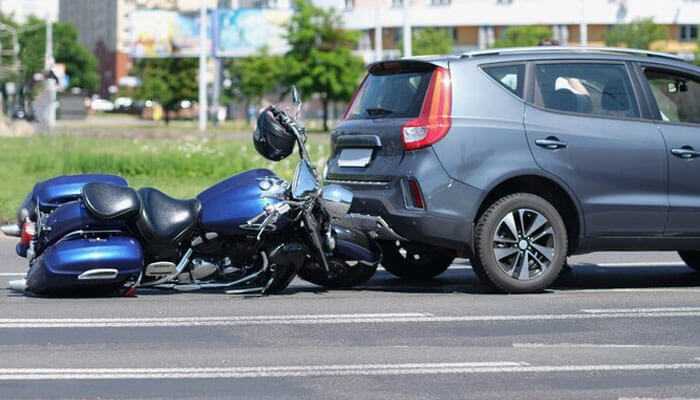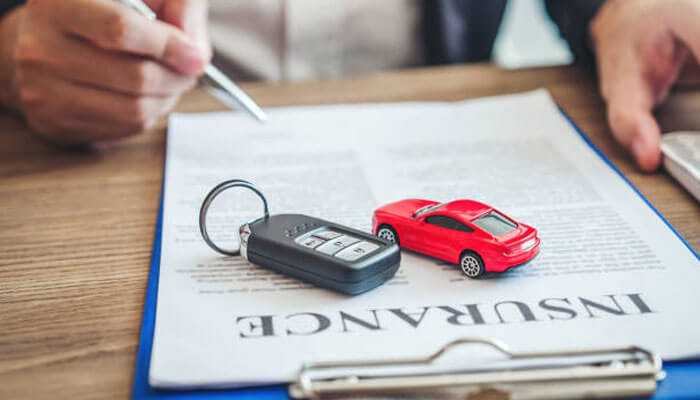In the aftermath of a car or motorcycle accident, one of the most crucial aspects to consider is liability—the legal responsibility for the car and motorcycle accident case and resulting damages. Understanding liability in these cases is essential for both victims and those accused of causing the accident. From determining fault to navigating insurance claims and legal proceedings, there are several key considerations to keep in mind.
Determining Faults in Car and Motorcycle Accidents:
The first step in understanding liability in car and motorcycle accidents is determining who is at fault for the collision. This involves examining the circumstances leading up to the accident, including factors such as vehicle speed, traffic signals, road conditions, and any applicable traffic laws. In some cases, the fault may be clear-cut, such as when one driver runs a red light or rear-ends another vehicle. However, determining fault can be more complex in situations involving multiple vehicles or disputed circumstances.
According to Seva Law Firm, in legal terms, fault is typically determined based on the concept of negligence, which refers to the failure to exercise reasonable care under the circumstances. To establish negligence, it must be shown that the at-fault party breached their duty of care, which directly resulted in the accident and subsequent damages. This can involve gathering evidence such as witness statements, police reports, surveillance footage, and expert testimony to support the claim of negligence.
Understanding Legal Liability:
Once fault has been established, the next consideration is a legal liability—the obligation of the at-fault party to compensate the injured party for their losses. In car and motorcycle accident cases, liability is often determined based on the principles of negligence law. Under negligence law, individuals have a duty to exercise reasonable care to avoid causing harm to others. If a person breaches this duty and causes injury or damage to another party, they may be held liable for the resulting losses.
Moreover, liability in car and motorcycle accident cases may extend beyond individual drivers to include other parties such as vehicle owners, employers, government entities responsible for road maintenance, and manufacturers of defective auto parts. Understanding the various sources of liability is essential for ensuring that all responsible parties are held accountable for their actions and that victims receive full and fair compensation for their injuries and losses. By exploring all potential avenues of liability, victims can maximize their chances of obtaining the compensation they deserve.
In the realm of legal liability in car and motorcycle accidents, it’s essential to recognize the complexities and nuances that can influence the outcome of a case. While fault may seem clear-cut in some instances, other factors such as contributory negligence, comparative fault, and third-party liability can significantly impact the determination of liability and the allocation of damages. For example, in cases involving multiple parties, each party’s degree of fault may be assessed, and damages may be apportioned accordingly.
Additionally, issues such as insurance coverage limits, statutory limitations, and the availability of evidence can all play a role in shaping the outcome of a legal liability claim. Therefore, it’s crucial for individuals involved in car and motorcycle accidents to seek guidance from experienced legal professionals who can navigate these complexities and advocate effectively on their behalf. By understanding the intricacies of legal liability and working with skilled attorneys, victims can ensure that their rights are protected and that they receive fair compensation for their injuries and losses.
Navigating Insurance Coverage:
In many car and motorcycle accident cases, insurance coverage plays a significant role in determining liability and compensating injured parties for their losses. Most states require drivers to carry auto insurance that provides coverage for bodily injury and property damage liability. Additionally, many motorcycle riders purchase specialized motorcycle insurance to protect themselves in the event of an accident.
However, navigating insurance coverage can be complex, especially when multiple parties are involved or when coverage limits are exceeded. As mentioned by Donaldson & Weston, insurance companies may dispute liability or offer low settlement amounts, leaving victims struggling to cover their medical expenses, lost wages, and other damages. In such cases, it may be necessary to seek legal representation to negotiate with insurance companies and pursue full and fair compensation for the injuries and losses sustained in the accident.
Furthermore, it’s essential to recognize the broader implications of liability in car and motorcycle accidents beyond individual cases. By holding negligent parties accountable for their actions, society as a whole benefits from improved safety standards and accountability on the roads. Through legal recourse and advocacy, victims and their families can not only obtain the compensation they need to recover but also contribute to the prevention of future accidents and injuries. By promoting a culture of responsibility and accountability, we can work towards safer roads and a more just society for all.
Legal Recourse for Victims:
Victims of car and motorcycle accidents have legal recourse to seek compensation for their injuries and losses. This typically involves filing a personal injury lawsuit against the at-fault party or parties responsible for the accident. In these lawsuits, victims must prove that the defendant’s negligence directly caused their injuries and that they have suffered measurable damages as a result.
Moreover, victims may be entitled to various types of compensation, including medical expenses, lost wages, pain and suffering, and property damage. By consulting with an experienced personal injury attorney, victims can explore their legal options and pursue the maximum compensation available under the law. Additionally, attorneys can handle the complexities of the legal process, including gathering evidence, negotiating with insurance companies, and representing clients in court if necessary.
Conclusion:
In the realm of car and motorcycle accident cases, understanding liability is paramount for both victims seeking compensation and those accused of causing the accident. By determining fault, understanding legal liability, navigating insurance coverage, and seeking legal recourse, individuals involved in accidents can protect their rights and pursue justice. Moreover, consulting with experienced legal professionals can provide invaluable guidance and support throughout the legal process, ensuring that victims receive the compensation they deserve for their injuries and losses. Ultimately, by understanding the intricacies of liability in car and motorcycle accident cases, individuals can navigate the complexities of the legal system with confidence and integrity.



